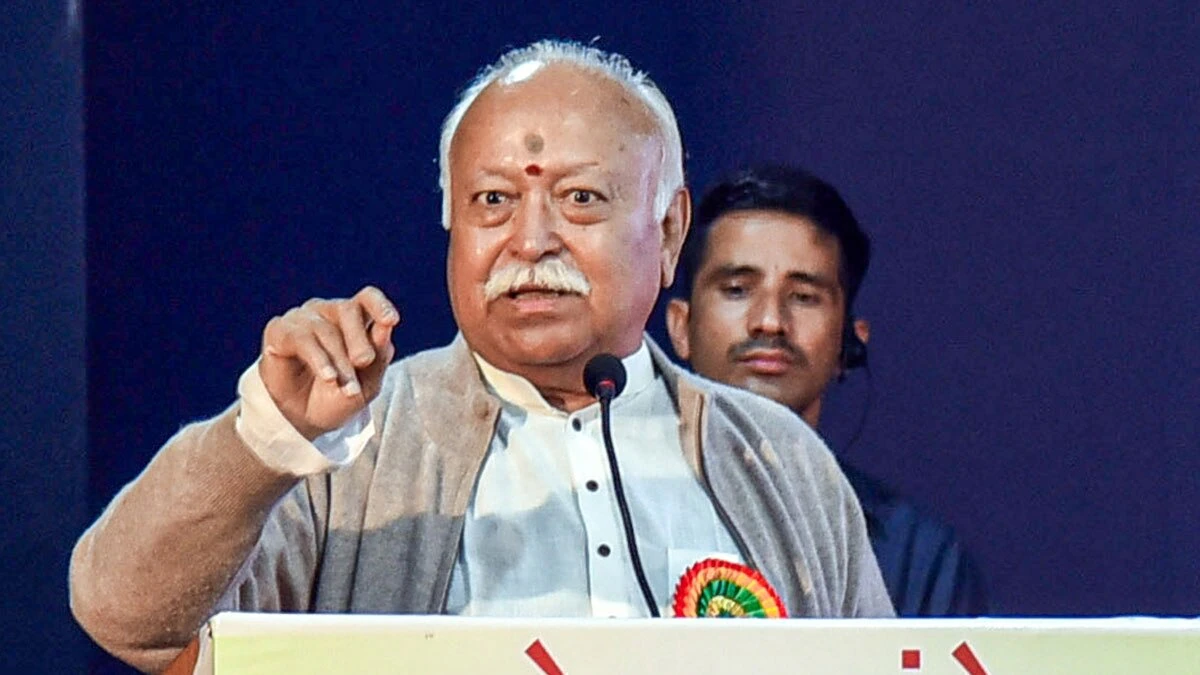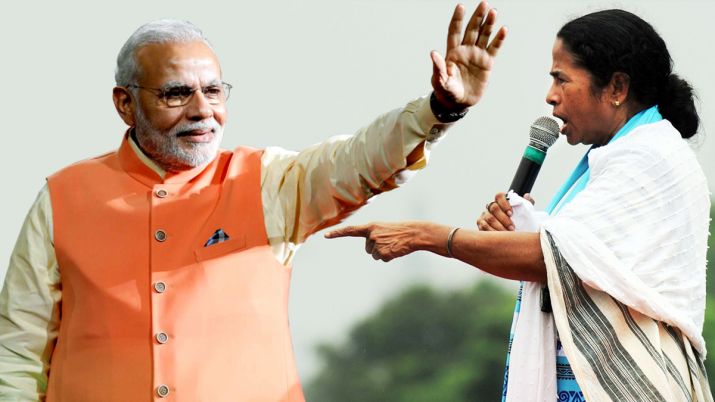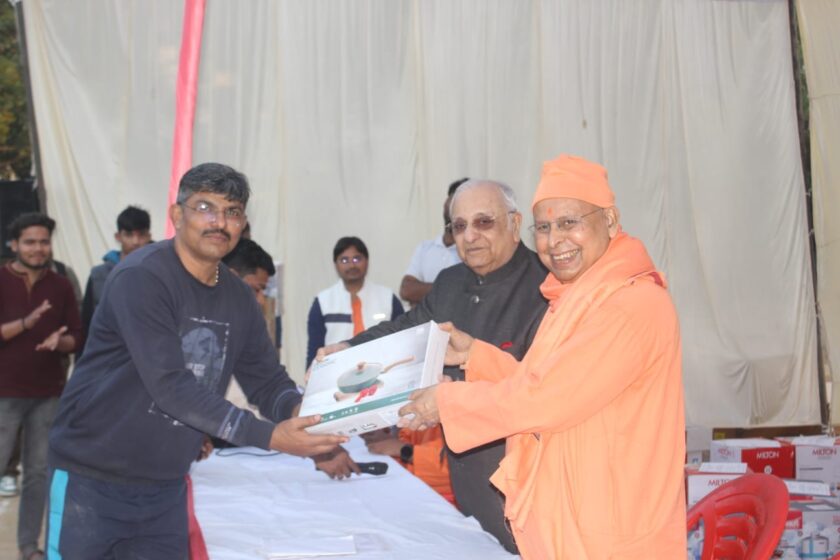New Delhi – The Rashtriya Swayamsevak Sangh (RSS) has issued a measured caution over the Union Government’s decision to conduct a caste census, warning that the survey must not be used as a “political tool,” sources close to the organisation confirmed.
While the Sangh has not issued an official public reaction, it has conveyed concerns internally about the potential misuse of caste-based data for electoral gain. The caution comes just a day after Prime Minister Narendra Modi met RSS Chief Mohan Bhagwat at the PM’s official residence, raising speculation about the ideological groundwork behind the government’s announcement.
The Union government recently decided to carry out a caste-based enumeration along with the upcoming decadal census, a move that has generated both political excitement and public debate.
Sensitive But Necessary: RSS Perspective
Traditionally opposed to caste-based divisions, the RSS has long advocated for a unified Hindu society through its “Samajik Samarasta” (social harmony) campaign. However, the organisation does acknowledge that data is necessary for welfare schemes aimed at marginalised or underprivileged communities.
In past statements, including one made by RSS Chief Spokesperson Sunil Ambekar during a press briefing in Palakkad, Kerala, in September last year, the Sangh stressed the need for sensitivity when dealing with caste-related issues.
“Caste relations are a sensitive matter. They are crucial to national unity and integrity. Such surveys must not be driven by electoral politics,” Ambekar had said.
He further clarified that while caste data could be vital for public welfare, it must not be wielded to deepen societal divides or to polarize electorates during elections.

No Objection to Data, If Used for Welfare
The RSS has clarified that it does not object to the collection of caste-based data if the objective is public welfare. The organisation believes that such data can help identify and support communities that are lagging behind socially and economically, provided the process is backed by “consultation and consensus-building” among stakeholders.
This nuanced position is now being viewed as a tacit endorsement that allowed the Modi government to move ahead with the caste census without facing ideological resistance from its traditional support base.
A Turning Point in Indian Policy?
With Bihar already having piloted a caste survey at the state level and now the RSS signalling conditional acceptance, the national caste census is poised to become a transformative tool in shaping India’s socio-economic and political policies.
Analysts believe this initiative could provide critical empirical data that has long been missing from policymaking, particularly in the domains of affirmative action, resource allocation, and representation of backward communities.
As India prepares to undertake this complex and large-scale data collection exercise, the RSS’s guidance serves as both a moral compass and a warning—that while numbers can help deliver justice, their misuse could damage the fragile fabric of national unity.









